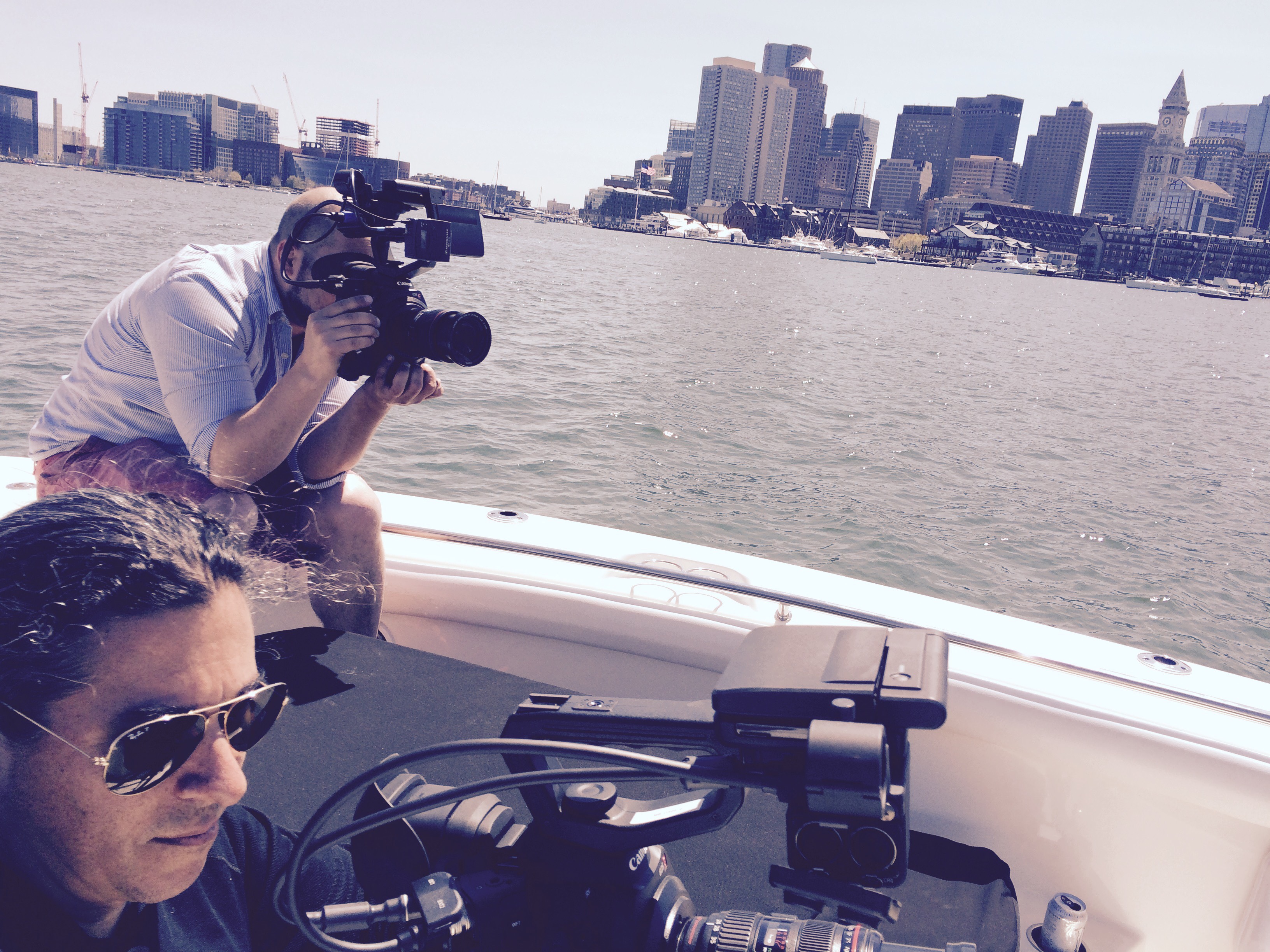According to the Oxford Dictionary the definition of Video is:
The recording, reproducing, or broadcasting of moving visual images.
While technically accurate, this definition is void of any nuance. Video is indeed the recording, reproducing or broadcasting of moving visual images. Yet, anyone familiar with video – from a creator to a viewer – knows there’s much more to it than that.
Video is the fastest growing content market. Video is the go-to marketing strategy. It’s the go-to advertising strategy. It’s the go-to communication strategy.
Don’t believe me? Just last month Mashable laid off 30 staff as part of a Strategic shift toward video.That’s a considerable number of writers to let go to focus on the shift to visual storytelling. And they aren't alone in making this strategic shift.
In short, video is a big deal. And I think the Oxford Dictionary definition could use some updating to reflect this change.
Here are three aspects of Video that I'd like to see included in the definition.
1. Creativity:
Today, anyone can take a smartphone and record moving visual images. My three-year-old is quite adept at touching the record button.
While the threshold to press record is low, the threshold to employ creativity is not. And in order to create compelling video content you've got to access creativity.
2. Sweat:
Hold any device stationary for a period of time and it becomes heavy. Even an iPhone becomes cumbersome after several hours. I’m being a smart-ass, but really, production equipment is heavy and being on set is a physical job.
If a video is good, you can guarantee that behind the lens was a sweaty camera operator, accompanied by a sweaty director, producers, gaffers, audio technicians, DPs, etc.
3. Investment:
Yes, professional production equipment is pricey so I am – in part – referring to the monetary investment of owning/renting and operating.
But I’m also talking about a personal investment. The investment of your most precious commodity – time.
Like any craft, producing/creating video is something at which one must work – really work – to become great.
Every great director, producer, DP, camera operator, etc., has given a tremendous investment of their time. There are years of 20+ hour work days. There are decades of missed dinners and sleepless nights.
And if they truly are great, there’s never a point at which they'll stop investing in their craft. There are equipment upgrades to pick up and software upgrades to learn.
But for most creatives the biggest motivator for continuing to invest in their craft is that nagging drive of never wanting their last piece of work to be their best.



Comments